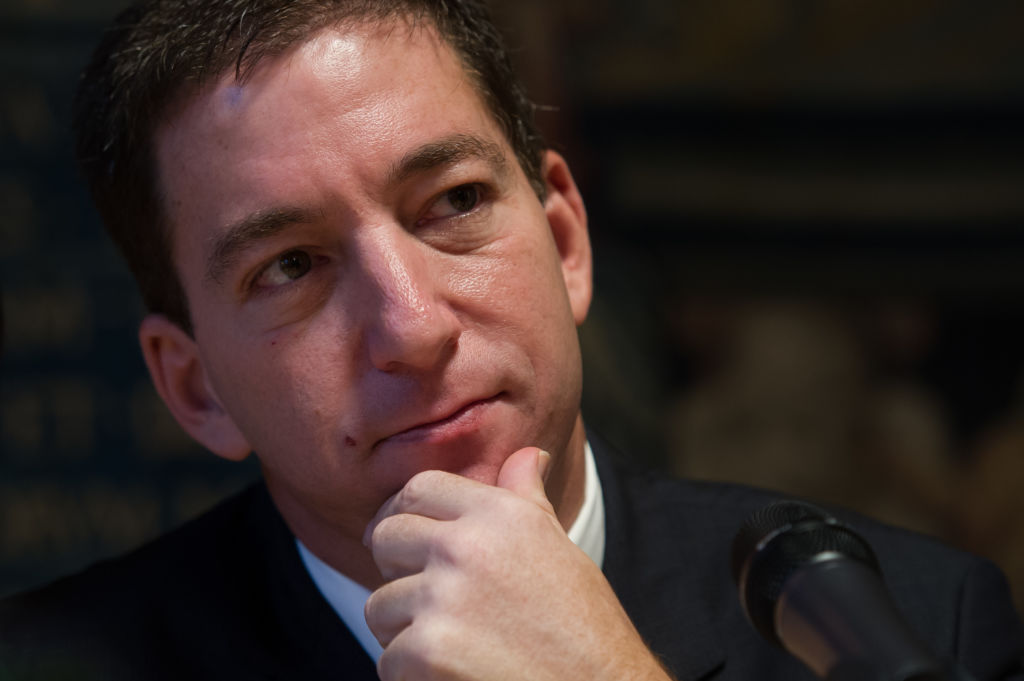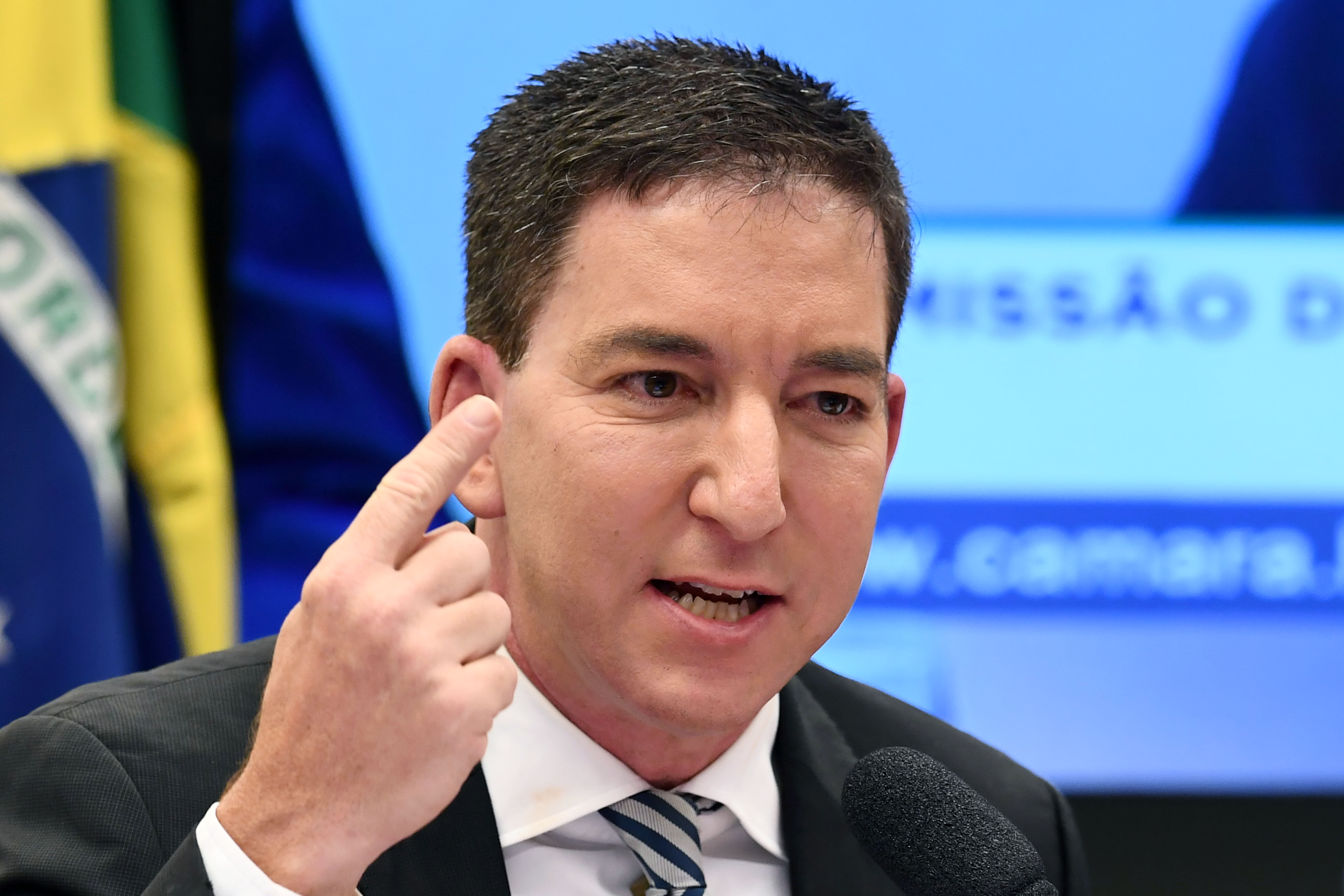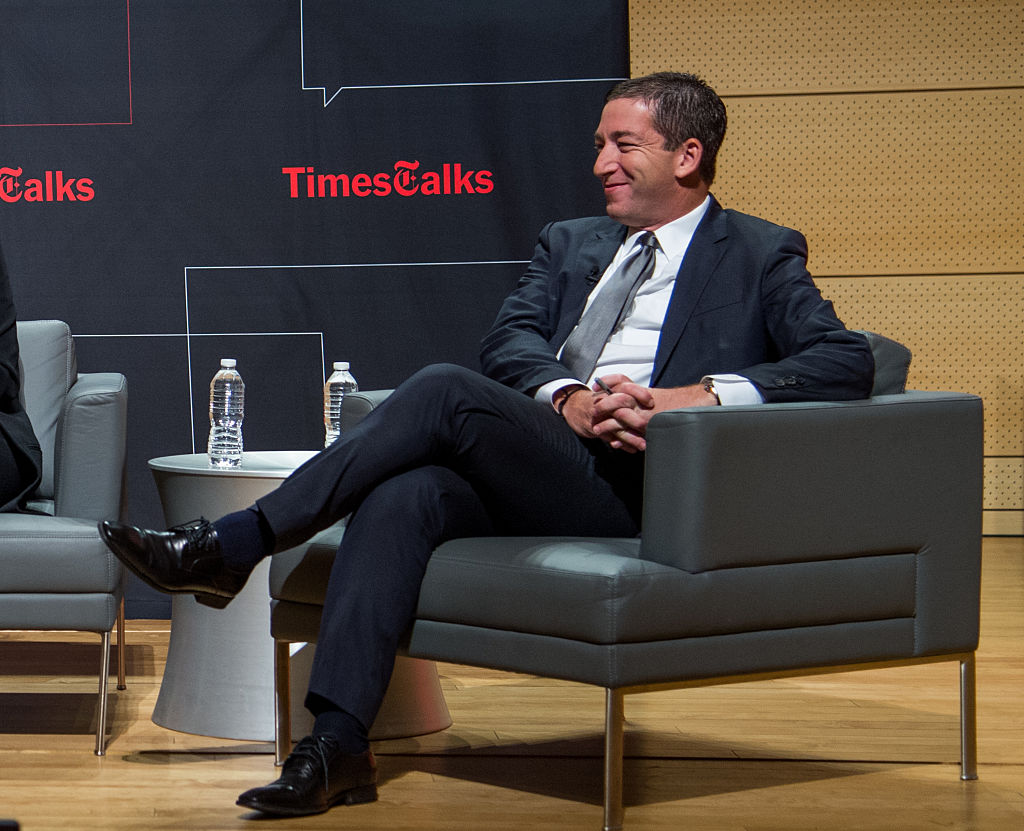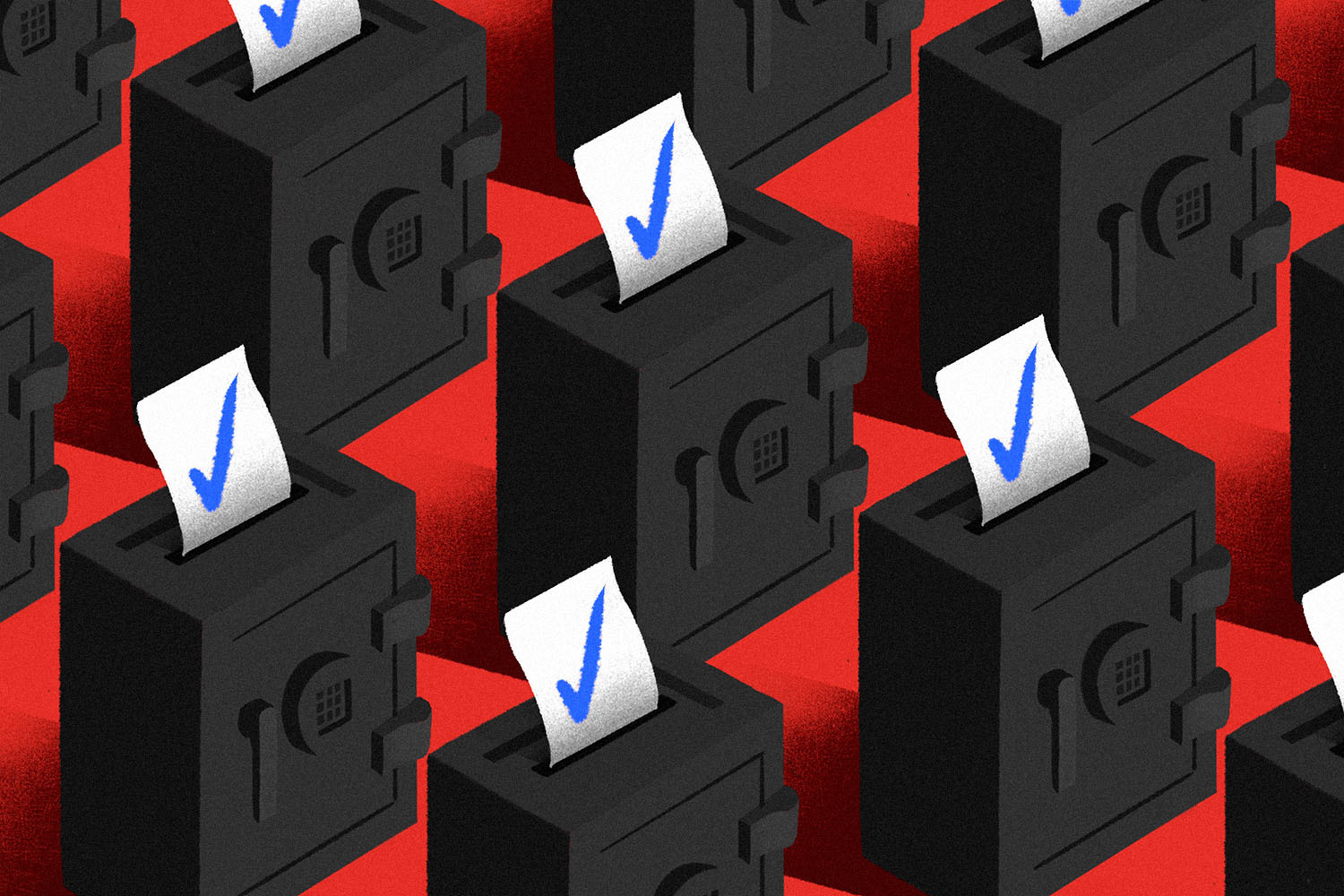This week, politically-minded media observers witnessed a particularly unsettling scene: Glenn Greenwald publicly exiting The Intercept, the news site he had helped to found. Greenwald’s resignation letter prompted a number of debates online, from questions of politics and transparency to discussions of the role of editors in high-profile writers’ work.
Analyzing the situation for the New Republic, Jacob Silverman wrote that “[t]here’s no need to exalt editing as a rarefied practice to argue for its importance. A good editor is a useful collaborator who, among other things, corrects inaccuracies and saves a writer from his worst tendencies.” In his analysis of Greenwald’s departure — for Substack, which seems to be a running theme for many a controversial writer these days — Silverman also points out that Greenwald had reportedly been considering this move for a while.
At Intelligencer, Peter Sterne offers a more up-close look at Greenwald’s break with The Intercept. “While Greenwald’s sudden resignation shocked both his colleagues and the broader world of media,” Sterne writes, “his eventual break with The Intercept was all but inevitable.” Some of that was logistical — Greenwald is based in Brazil and, as many are now aware, received little editorial feedback for his work.
Sterne also describes a work environment in which Greenwald was at odds with younger members of The Intercept’s staff — something which came up a few times over the last few years, and played into the ongoing debate over “cancel culture.”
The article quotes The Intercept’s deputy editor, Roger Hodge, as contending that, for Greenwald, the questions of censorship and the questions of editing were intertwined. He told Intelligencer that Greenwald “regards any editorial intervention as censorship.”
It’s a stance that Greenwald himself takes issue with. In his explanation of his departure from The Intercept, posted to Substack, he writes that he had proposed that The Intercept publish a counterpoint to his Biden article, and that he had “no objection to their disagreement with my views of what this Biden evidence shows.” He adds, “I encouraged them to air their disagreements with me by writing their own articles that critique my perspectives and letting readers decide who is right, the way any confident and healthy media outlet would.”
Another perspective on the debate comes from Matt Taibbi, who’s also used Substack for an abundance of writing as of late. For him, the break between Greenwald and The Intercept can be seen as a fundamental departure from the principles on which the site was founded. “The whole idea of The Intercept was to create a hands-off, journalist-run enterprise where mistakes like the WMD fiasco could never happen,” he writes.
The breakup between Greenwald and the publication he co-founded may well have been inevitable. Will things be better for both in the long run? It’s very possible — though the aftershocks of the breakup may be felt for a while to come.
Thanks for reading InsideHook. Sign up for our daily newsletter and be in the know.

















